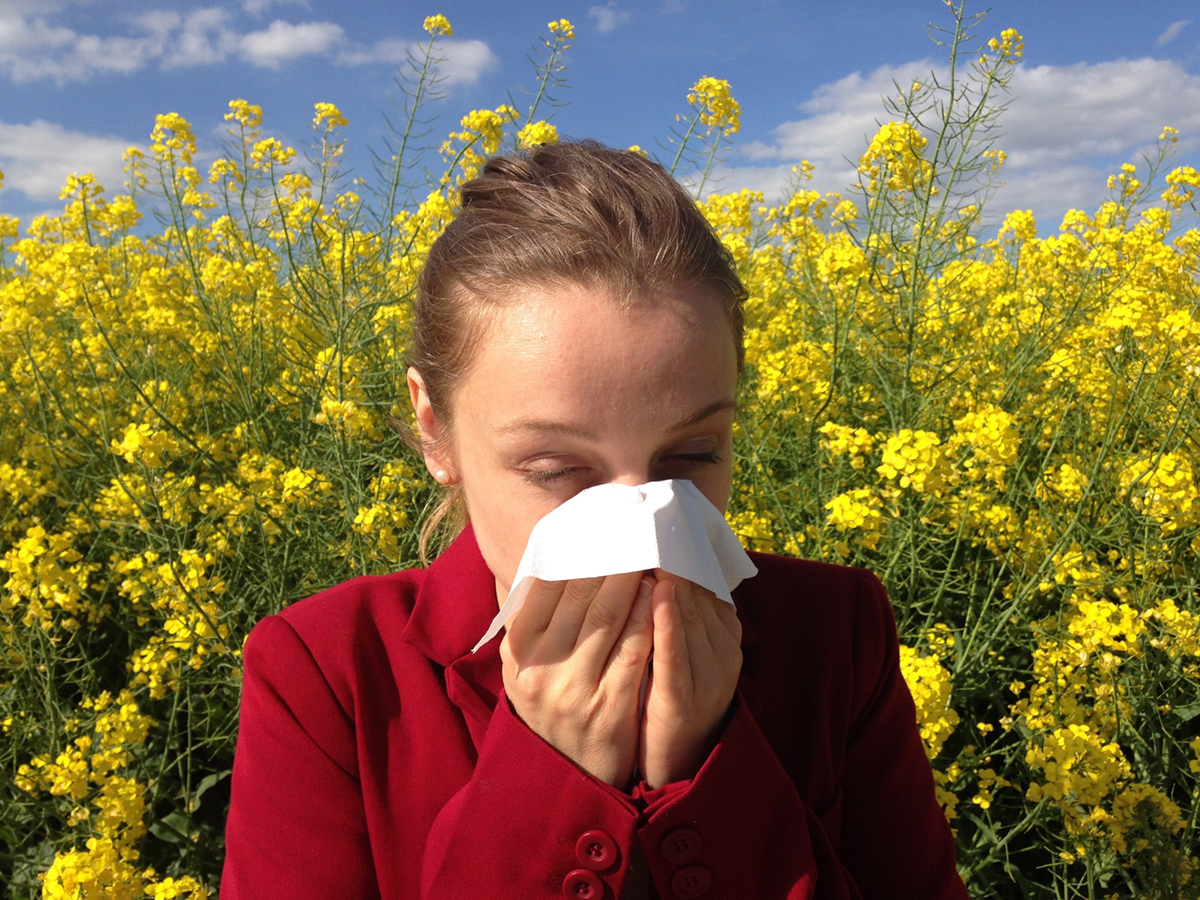
Chapped nose is a problem that often accompanies viral infections like common cold and flu. It is associated with winter, cold and dry weather.
The most common symptoms of common cold are sneezing, nasal congestion and runny nose. A person suffering from a cold uses several box of tissues to blow the nose, and frequent blowing is known to irritate the skin of the nose.
The skin becomes chapped, dry, sore and red and it causes discomfort and even pain, not to mention it does not look too nice. There is a danger that bacteria and other harmful agents can penetrate the skin through tiny cracks, although it does not happen often.
Chapped nose is not a major health concern, but it helps to know different ways to prevent and solve this problem.
Chapped nose prevention
Common cold, flu and other upper respiratory tract infections usually occur in fall and winter, when the temperatures are low and the air is dry, especially due to indoor heating. Everybody known that the skin is bound to become dry during these periods if it is not properly moisturized, but still many fail to do so. This results in chapped lips, dry, harsh hands and chapped nose too.
The face is almost always exposed to dry cold air and it is the first to suffer. If frequent nose blowing due to sneezing and runny nose is added to this, the result is chapped skin of the nose. To prevent this, it is important to properly moisturize the skin, concentrating particularly on the skin of the nose. Wearing a scarf to protect the nose and drinking plenty of fluids helps too.
It is also recommended to use soft tissues, preferably those infused with a light and neutral lotion.
Remedies for chapped nose
When the skin of the nose becomes chapped, the most important thing is a good moisturizer. Petroleum jelly is probably the best, as it is neutral, scent-free and does not irritate, and it provides a protective coat and deeply nourishes the damaged skin. It should be applied several times a day, especially before bedtime.
Aloe vera gel is known for its soothing and moisturizing effect, while vitamin E oil, alone or in cosmetic products, nourishes and repairs damaged skin.
A few drops of body oils can help too with chapped nose. They can be applied with a dropper, after blowing the nose and after baths. During colds and during the winter in general it is better to take warm baths instead of long showers, and not to use too hot water, because it dries the skin up.
Humidifiers installed in different rooms of the house, especially in the living room and in the bedroom are highly recommended. They provide moisture to the indoor air and prevent dehydration not only of the skin, but of the nasal passages too.



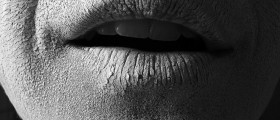






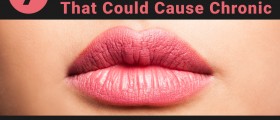



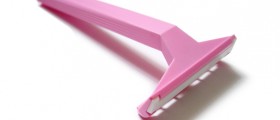
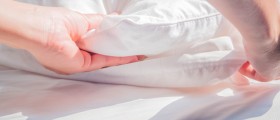

Your thoughts on this
Loading...